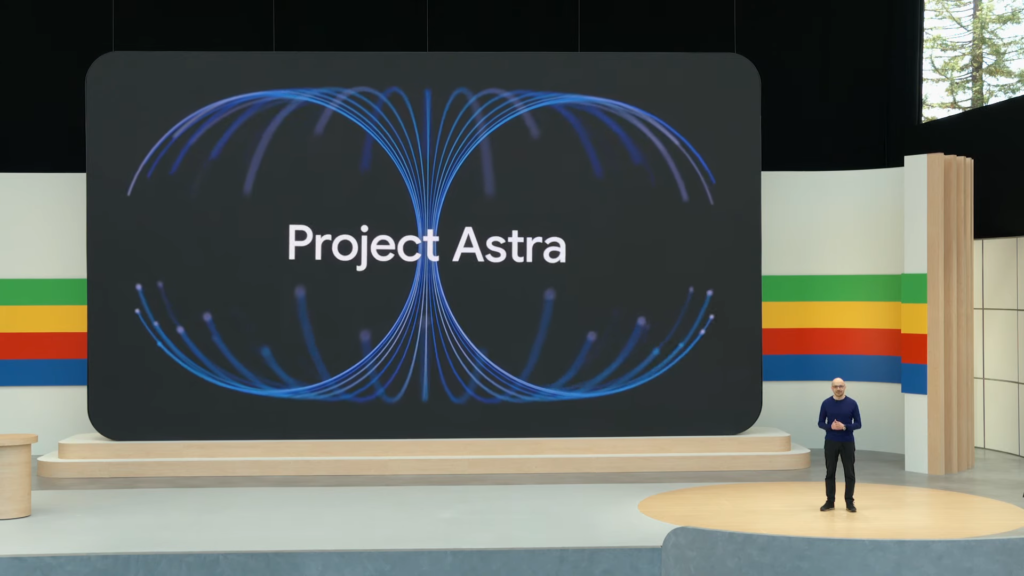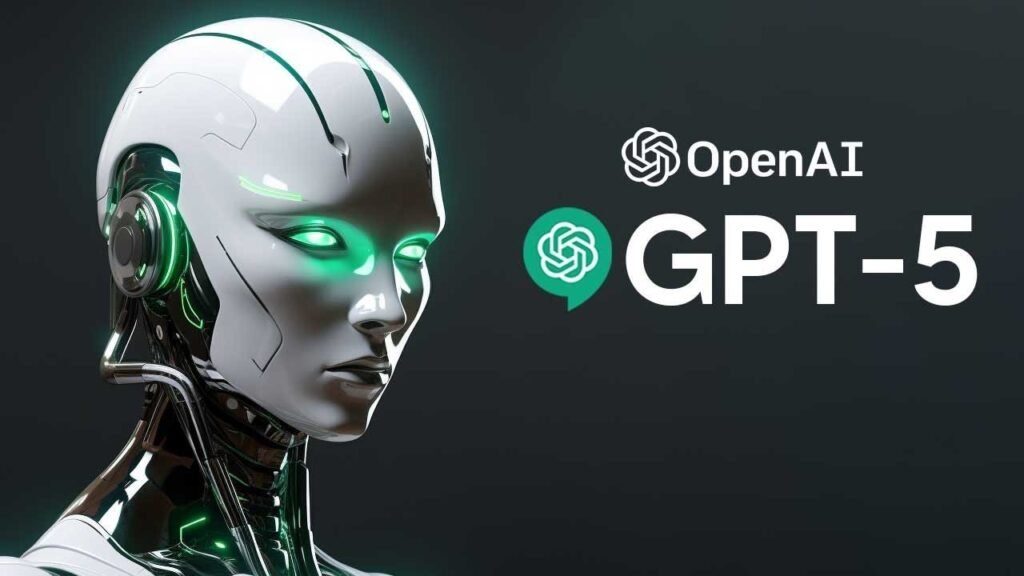In 2025, the artificial intelligence landscape is witnessing a monumental showdown between two tech giants: Google’s Project Astra and OpenAI’s forthcoming GPT-5. Both initiatives aim to redefine AI capabilities, but they approach this goal from distinct angles, offering unique features and experiences to users worldwide.
Google’s Project Astra vs. OpenAI’s GPT-5: The New AI War
Project Astra: Google’s Vision for a Universal AI Assistant
Project Astra, developed by Google DeepMind, is envisioned as a universal AI assistant capable of seamlessly integrating into users’ daily lives. This prototype emphasizes multimodal interactions, allowing users to engage through text, voice, images, and video. Astra’s capabilities include real-time video understanding, screen sharing, and contextual memory, enabling it to assist with tasks ranging from planning activities to answering questions based on visual input. (theverge.com, blog.google)
One of Astra’s standout features is its proactive assistance. Unlike traditional AI models that respond to explicit prompts, Astra can autonomously observe user activity and offer help when beneficial. For instance, it can correct homework errors or remind users about schedules without being asked. (theverge.com)
Google is integrating Astra’s capabilities into various products, including the Gemini app and Google Search. The Gemini app benefits from Astra’s real-time video and screen-sharing features, while Google Search introduces “Search Live,” allowing users to ask questions about what they’re seeing through their smartphone’s camera. (techcrunch.com)

OpenAI’s GPT-5: Advancing Language Understanding
OpenAI’s GPT-5, anticipated for release in mid-2025, represents a significant leap in language model development. Building upon the advancements of GPT-4.5, GPT-5 aims to unify various models, including o3, into a cohesive system that enhances reasoning capabilities and language processing. (explodingtopics.com)
While specific details about GPT-5’s features remain under wraps, expectations are high for improvements in natural language understanding, reduced hallucinations, and broader knowledge bases. OpenAI’s focus is on creating a model that can generate human-like text, assist in complex problem-solving, and adapt to a wide range of applications.

Comparative Analysis: Astra vs. GPT-5
The primary distinction between Project Astra and GPT-5 lies in their core functionalities and user experiences.
- Multimodal Interaction: Astra excels in integrating various input forms, including visual and auditory data, enabling it to understand and respond to real-world contexts. GPT-5, while potentially incorporating some multimodal features, primarily focuses on text-based interactions.(theverge.com)
- Proactive Assistance: Astra’s ability to anticipate user needs and offer unsolicited assistance sets it apart from GPT-5, which operates based on user prompts.(theverge.com)
- Integration and Accessibility: Google is embedding Astra into its ecosystem, making it accessible through familiar platforms like Search and the Gemini app. OpenAI’s GPT-5 is expected to be available through its own platforms, such as ChatGPT, and possibly through API integrations.(techcrunch.com)
- Release Timeline: Astra is currently being integrated into Google products, with some features already available to users. GPT-5’s release is anticipated in the coming months, with no official launch date confirmed.(9meters.com)
Implications for Users and the AI Industry
The competition between Google and OpenAI signifies a broader trend in AI development: the move towards more intuitive, context-aware, and integrated AI systems. For users, this means access to tools that can assist in daily tasks, enhance productivity, and provide more natural interactions.
For the AI industry, this rivalry drives innovation, pushing companies to develop models that are not only more powerful but also more aligned with human needs and behaviors. As these technologies evolve, considerations around privacy, ethical use, and accessibility will become increasingly important.

Conclusion
As 2025 unfolds, the AI landscape is being reshaped by the advancements of Google’s Project Astra and OpenAI’s GPT-5. Each brings unique strengths to the table, catering to different aspects of user interaction and functionality. Whether through Astra’s multimodal, proactive assistance or GPT-5’s enhanced language processing, users stand to benefit from more sophisticated and helpful AI tools in their daily lives.
Helpful Backlinks:
- Project Astra – Google DeepMind
- OpenAI’s GPT-5 Is Coming: Here’s What We Know So Far
- Project Astra comes to Google Search, Gemini, and developers
- ChatGPT-5 Rumored for July 2025 Launch – Here’s What to Expect
Also read : Tesla vs. Rivian: Who’s Dominating the Thrilling EV Race in 2025?






